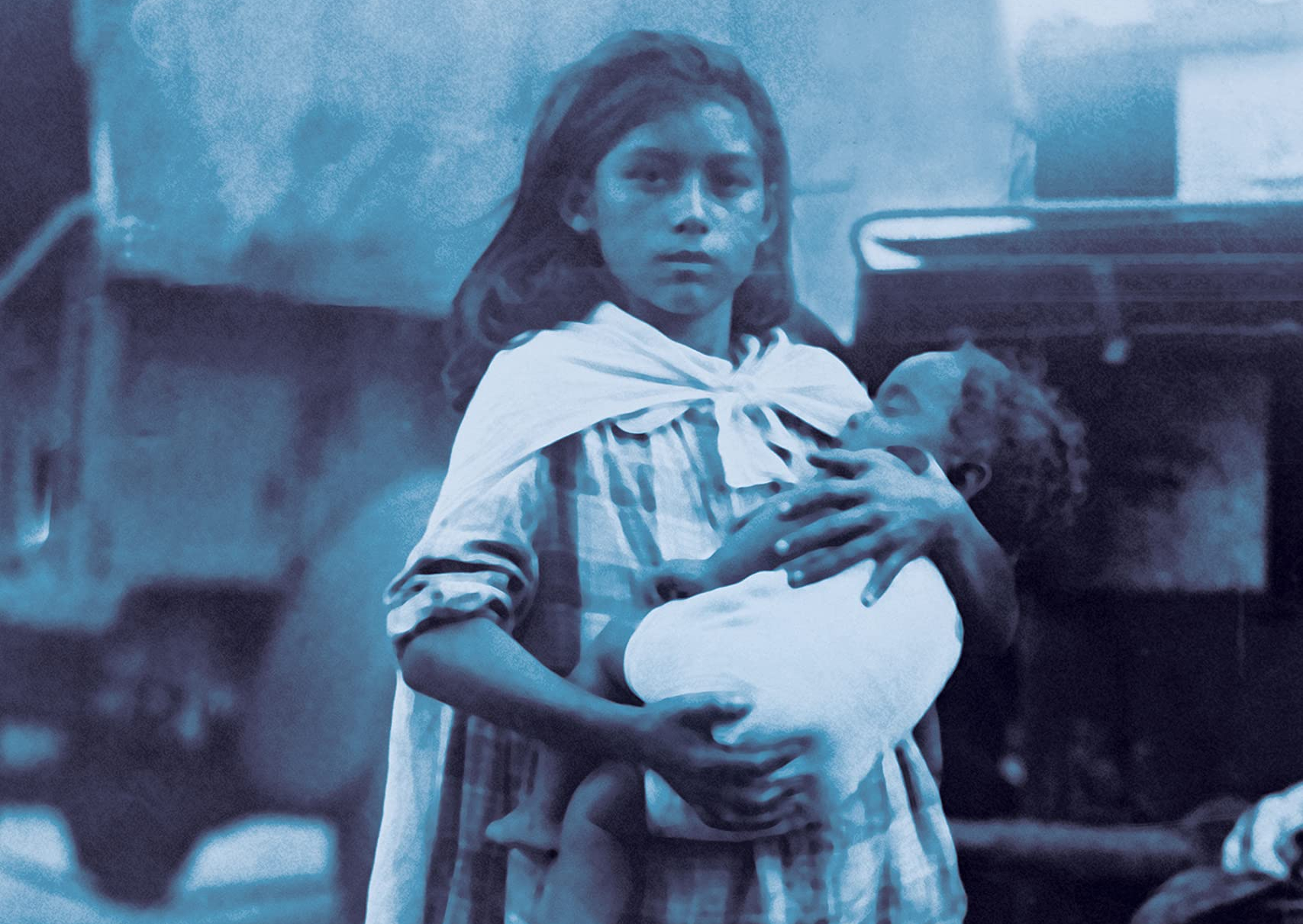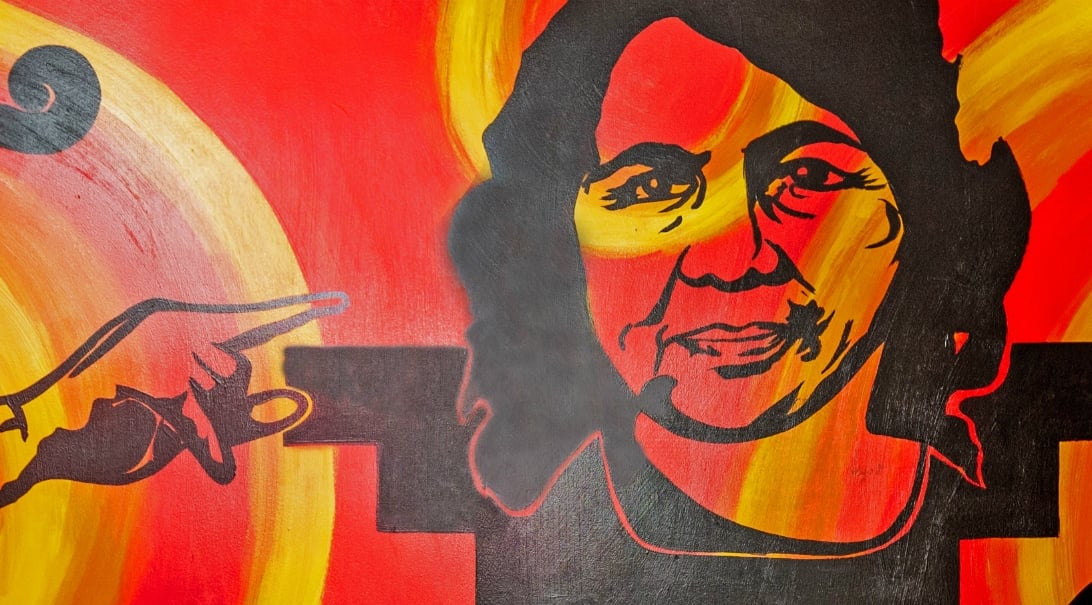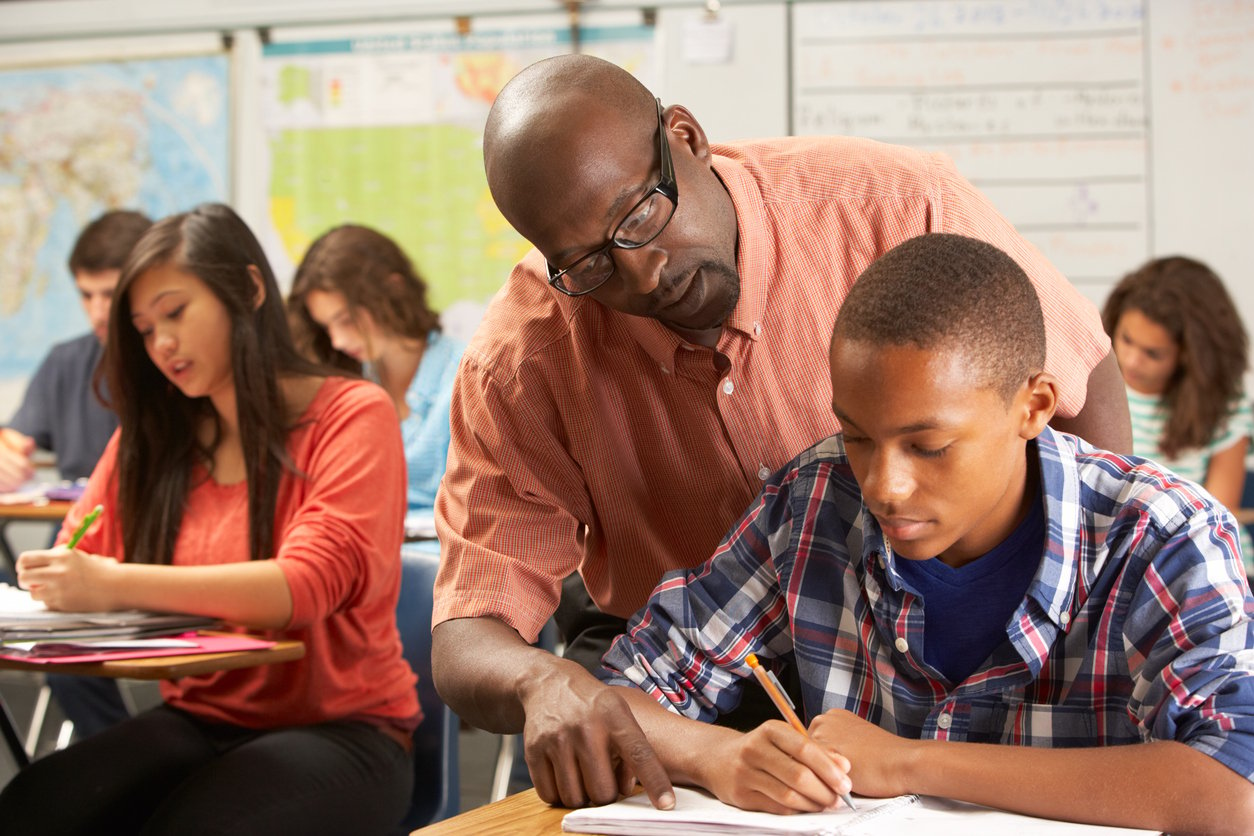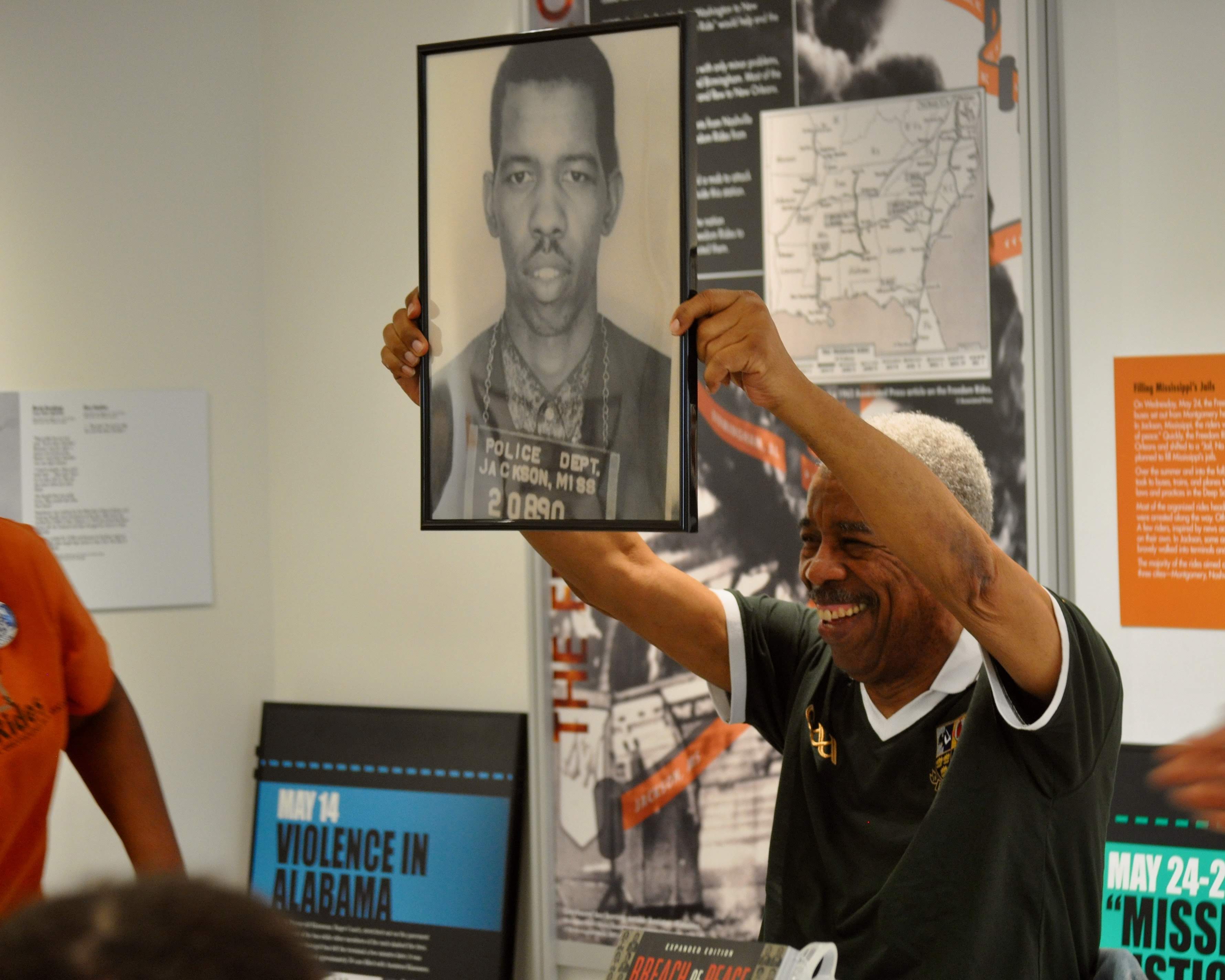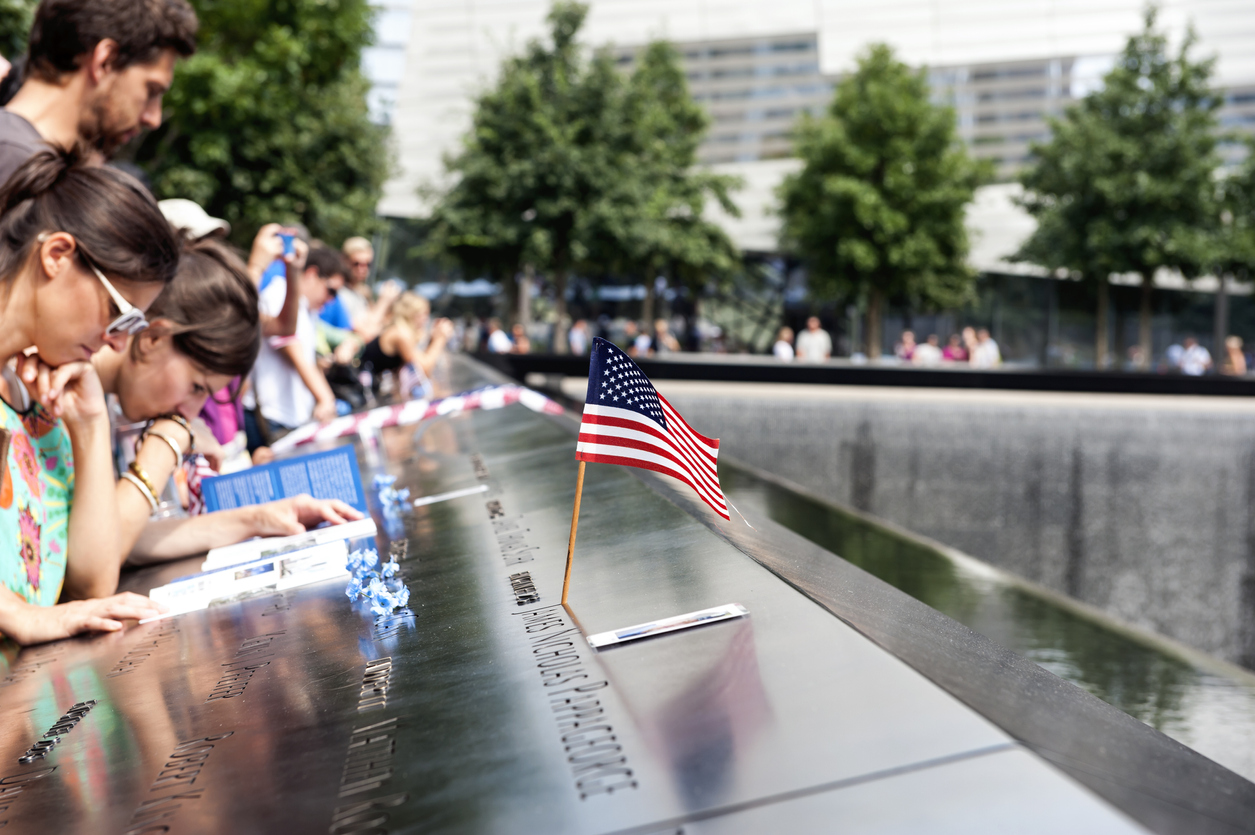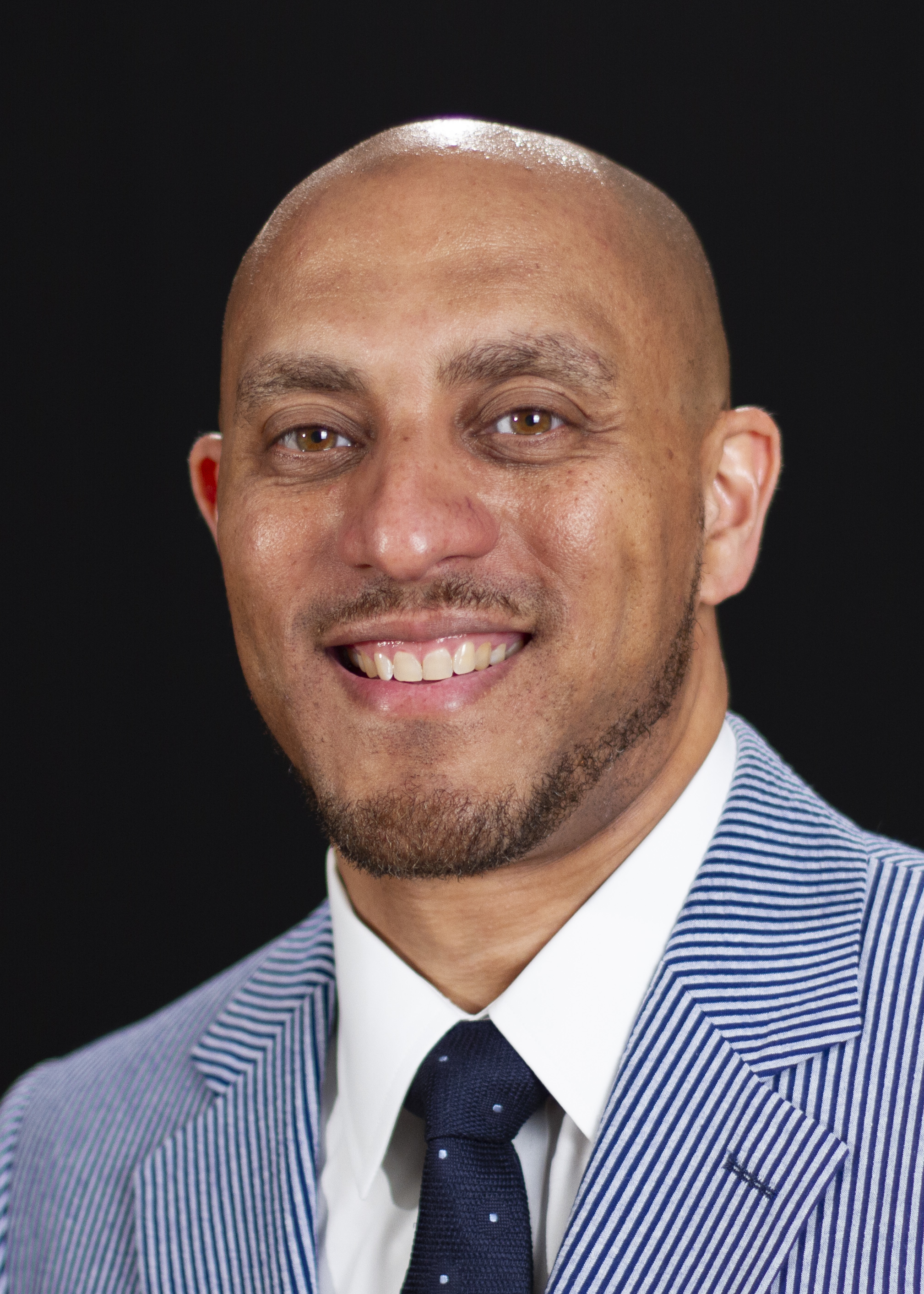This year marks the 100th anniversary of the Second International Eugenics Congress—one of a series that took place between the years of 1912 and 1932 where global leaders in academia, policy, and medicine came together to advance their view of humanity. At this time, eugenics was a new branch of scientific inquiry that advanced the notion that some human groups are superior to others and that, ultimately, the inferior groups ought to be eliminated from the population through various means. It was at this second gathering—held at the American Museum of Natural History in New York City—that a political program centered around “eliminating the unfit” and encouraging reproduction only amongst particular populations was articulated on the global stage and operationalized in policy. Eugenics would be leveraged to give a host of oppressive policies like anti-miscegenation and forced sterilization laws a veneer of scientific legitimacy. In connection with these events, a number of parallel practices surrounding immigration and even intelligence testing gained increasing currency, leaving an enduring mark on a wide variety of peoples and societies around the world.
September 15th of each year marks the beginning of Hispanic American Heritage Month—a time to deepen our attention to the histories, experiences, and brilliance of Hispanic American peoples. In an effort to support teachers in gaining a deeper understanding of the histories and experiences of Latinx peoples, in particular, we present to you the following five books published within the last year that some of our staff members are diving into this season. These titles cover a wide range of themes including Latinx youth agency in schools; the work of centering Latinx students and their needs in K-12 education; the history of the U.S.-Mexico border; Latinx environmental justice movements; and one Puerto Rican-Jewish woman’s journey finding her voice in American society.
Below are words from each publisher about what you will find inside each title:
Topics: Latinx History
5 Teacher Resources for Hispanic American Heritage Month
Posted by Kaitlin Smith on September 15, 2021
September 15th marks the beginning of Hispanic American Heritage Month—a time to deepen our attention to the histories, experiences, and contributions of Hispanic American peoples including Latinx communities. Turn to this rich array of free teacher resources this month (and beyond) including two streamable documentaries, two on-demand webinars, and a bundle of lessons designed to help educators bring the richness of Latinx life and history into focus in the classroom.
Topics: Latinx History
Have you ever looked around your school community and asked “where are all of the Black teachers?” The National Center for Education Statistics indicates that more than 50% of public school children are students of color, but less than 20% of their teachers are also people of color. This might not seem immediately problematic but data suggests otherwise. Research shows that Black students are 13% more likely to complete high school and begin college if they have had one Black teacher in elementary school and 32% more likely if they have had more than one. Further, this research notes that the impact of access to Black teachers is even more profound for Black boys, in particular. Fueled by a desire to transform this status quo, there is a vibrant movement afoot to revolutionize schools and the lives of Black students by increasing the number of Black teachers.
Topics: Teachers, Black Teachers
The Facing History community and the nation are mourning the loss of lifelong civil rights activist Ernest “Rip” Patton, Jr. Patton was a Freedom Rider—a participant in an activist campaign that began in 1947 when the Congress on Racial Equity and Fellowship of Reconciliation sought to test a Supreme Court decision that declared segregation on interstate buses unconstitutional. The campaign would be reignited in 1961 amid a wave of civic activity around racial justice, subjecting Patton—along with fellow Freedom Riders John Lewis, Diane Nash, and others—to a harrowing series of bombings and beatings by white mobs as they journeyed further and further south on an integrated bus. Patton and his fellows were ultimately arrested in Jackson, Mississippi and subsequently imprisoned in the Mississippi State Penitentiary. Patton is said to have comforted and supported the group while they were incarcerated by encouraging everyone to sing. Their brave acts, fueled always by a philosophy of nonviolent disobedience, would eventually earn them nationwide media attention and become a decisive factor that helped to eradicate bus segregation in the South. But Patton’s contributions did not stop there; he was also a father, a grandfather, a teacher, and a friend to so many, including our community here at Facing History.
Topics: Civil Rights Movement
Like many American adults, I can tell you in specific detail where I was on the morning of September 11, 2001 and how the day unfolded as I learned of the terror attacks at the World Trade Center in New York City and the Pentagon. I was about one week into my sophomore year of high school, and in my English class in a classroom with a view of the Boston skyline. Because of the confusion of the day, and the fact that the planes that attacked the Twin Towers took off from Boston’s Logan Airport just 3 miles away, we were dismissed early. I found my younger brother and we walked home, confused and on edge.
Topics: American History, global terrorism
Facing History recently hosted a webinar with Dr. Hasan Kwame Jeffries concerning the significance and legacy of the Reconstruction Era. Dr. Jeffries is Associate Professor of History at The Ohio State University, and a scholar of African American History and Black Studies. Dr. Jeffries guided an audience of educators through an examination of how the Reconstruction Era has been remembered and the impact of its various legacies on contemporary society. We invite readers to view the complete on-demand webinar with Dr. Hasan Kwame Jeffries, Reexamining Reconstruction.
Topics: Reconstruction
As battles rage surrounding how we narrate history in the classroom, there are broader debates unfolding about how we approach diversity, equity, and inclusion work within our schools and personal lives. Irrespective of the identities we hold, questions abound. Where do we even begin this work in our schools and in other contexts? How do we find common ground? And why is there such enduring disagreement about the definition and significance of keywords like racism, antiracism, intersectionality, microaggressions, and civility? Is there just one answer?
Topics: Diversity, Racism, Equity in Education
This week, the world is watching a devastating humanitarian situation unfold in Haiti where a 7.2-magnitude earthquake struck the island and is thought to have killed at least 2,189 people, injured at least 12,000, and left tens of thousands homeless. This comes on the heels of the assassination of Haitian president Jovenel Moïse only a month ago which sparked considerable social unrest. In addition to these immense casualties and compounding traumas, the arrival of Tropical Storm Grace has complicated rescue efforts. Further, past political corruption and mishandling of relief funds by foreign NGOs have made many external actors reticent to issue monetary support, even in the face of widespread hunger and displacement. Despite these substantial barriers, a group of dedicated Haitians and Haitian Americans are rising to the challenge of delivering necessary aid to the Haitian people and inviting others to join them in their cause. As the news stories emerging from Haiti grow ever complex, a deeper exploration of the history of Haiti—including the resilience and resistance of its people—helps to illuminate how we got here and the broader significance of supporting Haitian-led relief efforts.
Topics: Black History, Haitian Revolution, Haiti
Essential Teacher Habits for Driving Educational Equity
Posted by Facing History and Ourselves on August 17, 2021
Pamela E. Donaldson, Facing History's Associate Program Director for Equity and Inclusion, and Laura Tavares, Program Director for Organizational Learning and Thought Leadership, recently published an article on the School Library Journal website. There, they offer educators an invitation into equity work within their own school communities centered around personal introspection and self-education, as well as collaborative learning and reflection with fellow teacher colleagues. Below is an excerpt from the piece:
Topics: Equity in Education


